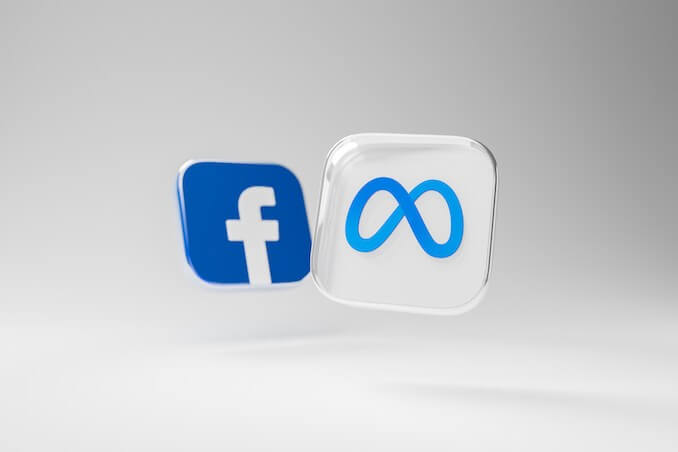Facebook Over Two Decades – History and Future
Facebook’s future depends on evolving dynamics.
Image credits: Unsplash Tech Facebook
Facebook, launched in 2004 by Mark Zuckerberg, started as a small social networking site for Harvard students. Within a few years, it expanded beyond universities and became a global platform, allowing billions of users to connect, share, and communicate. Over time, Facebook introduced features such as the News Feed, Likes, and Marketplace, reshaping digital interactions.
As Facebook grew, it also faced increasing scrutiny. Privacy concerns, data breaches, and misinformation scandals raised questions about user security. ExpressVPN found that social media platforms, including Facebook, have been targeted by cyber threats, emphasizing the need for improved security measures.
Facebook’s Impact on Social Media Evolution
Over the years, Facebook has acquired several major platforms, including Instagram and WhatsApp, reinforcing its position as a leader in the tech industry. This expansion allowed Facebook to dominate social networking and shape online culture. However, these acquisitions also introduced challenges, including competition concerns and regulatory scrutiny.
-

-

-

-

-

-

-

-

-

-

-

-

-

-

-

-

-

-

-

-

-

-

-

-

-

-

-

-

-

-

-

-

-

-

-

-

-

-

-

-








































